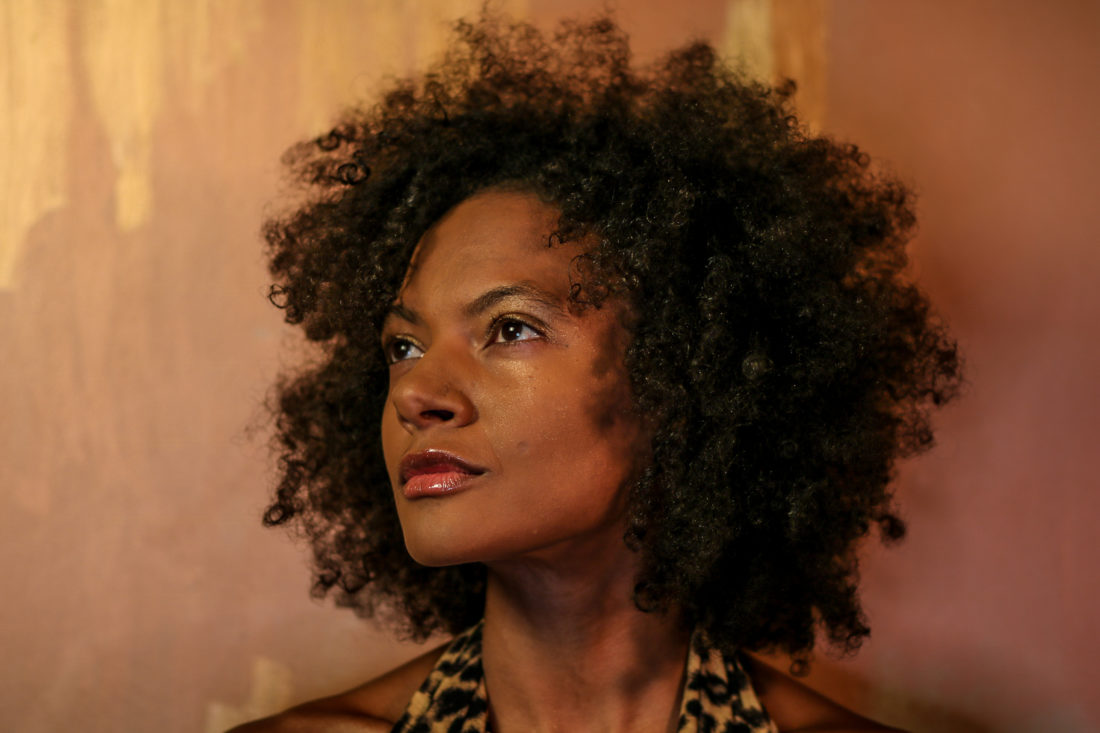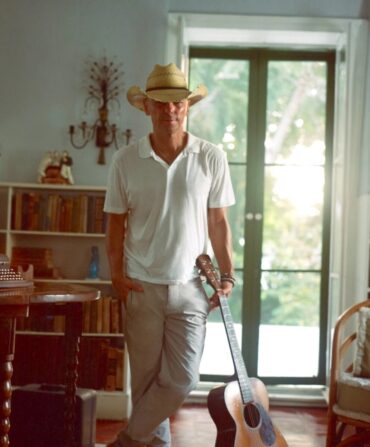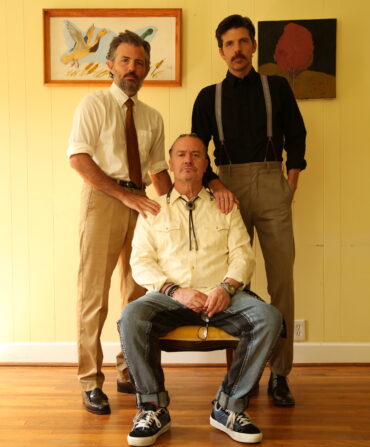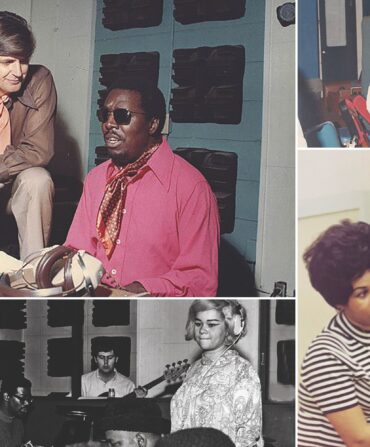Americana fans might know Allison Russell best as a collaborator, from her work with partner JT Nero as co-founder of the group Birds of Chicago to her recent acclaim with the supergroup Our Native Daughters. But on Outside Child, Russell’s debut solo album, the Montreal-born, Nashville-based songwriter opens up about her own story. Weaving together bluegrass, gospel, and soul, the album lays bare Russell’s childhood trauma, speaking bluntly about the sexual abuse she suffered at the hands of her stepfather, while also evoking the strength she eventually found in the music community and in herself. “I’m the wounded bird, I’m the screaming hawk,” she sings on the track “Nightflyer.” “I’m the one who can’t be counted out.”
On the song “Fourth Day Prayer,” which Garden & Gun is proud to premiere the video for today, Russell approaches her personal story through a larger lens, with lyrics that touch on generational as well individual abuses, a sound that calls to mind Memphis soul, and a message of hope: “One for the hate that loops and loops / Two for the poison at the roots / Three for the children breaking through / Four for the day we’re standing in the sun.”
Below, watch the video for “Fourth Day Prayer” and read our interview with Russell about the song and the community she’s found in Nashville. Outside Child is out now and available to order here.
In “Fourth Day Prayer” you sing, “‘These are the best days of your life,’ / If I’d believed it, I’d have died / Something told me that they lied.” If you could go back and talk to yourself as a teenager, or to someone in a similar situation, what would you say?
I think I would say, “Just hang on. It does get better, even though it’s unimaginable.” When you are in the midst of a despairing time or situation, it’s really hard to imagine that it’s ever going to get better. But even in the bleakest and most miserable of times, there’s always, always hope. I wish I could go back and say, “Just try to love yourself the way you love your friends, or your family, or a character in a book who’s going through a struggle.” Try to imagine that you are deserving of that same love, even if you don’t feel that you are. Just start by pretending that you are, and that might start to lead you, bit by bit, out of the pit of despair.
There were times when I was so close to ending my life. Like many survivors, I was self-harming, and for me, it was music that pulled me through and out of that. I’m so grateful for music and art and the community of chosen friends and family that I’ve found through those mediums.
The song touches on generations of cruelty and injustice, but it also shows you “standing in the sun.” How have you found joy in Nashville and beyond?
We moved to Nashville because so many members of our chosen family were here. Folks like Jamie Dick, who plays drums on the record, and his wife, Ali Sperry, who’s a beautiful songwriter. Folks like Luther Dickinson and Abigail Washburn and Bela Fleck. We found ourselves coming here more and more for work, but it didn’t feel like work. It felt just incredibly welcoming and incredibly collaborative. People get together and write songs, and it’s not about competition; it’s about community. That’s what is exciting to me about this town. It’s a town built on songs—built on dreams and people supporting each other and intentionally creating communities with art and creativity at the center. How beautiful is that?
You’ve just been nominated for two Americana Music Awards this year, both as a solo artist and as a member of Our Native Daughters. What does Americana mean to you?
Americana is so broad because the roots of American music are so broad. The branches of that family tree extend everywhere from blues to hip-hop, with country and folk and everything in between. It’s a big tree, and to me, it’s more like a community than a genre. I love that it’s so open and expansive and is doing the work to acknowledge foundational influences that are Black, that are indigenous, that are all the layers of immigration that have ever arrived on these shores and added to the musical tapestry here. I was talking about this on the radio earlier today: The host mentioned that Amythyst [Kiah] and I were “up against” each other in the emerging artist category. And I was just like, you know what? We’ve all won just by being named and honored and nominated. What other genre are they nominating three Black queer women and a Black man in the same category?
In the past, you’ve performed primarily as part of groups or ensembles. How did you apply lessons from those experiences to your solo album?
Being a member of a band has informed every single aspect of the way I walk through the world. Being a part of an ensemble teaches us how to be good citizens, teaches us how to be good inhabitants of our shared earth. You have to learn that it’s not all about you. You have to learn that all of us, together, make something far greater than one could make on one’s own. And the same held true for my solo record. I was surrounded by a loving circle of chosen family and friends who uplifted every song with their artistic choices and vision. We created something together that I never could have created by myself. Yes, it’s my story, and I wrote or co-wrote all of the songs. But I couldn’t make this art without my entire community rallying to say, “We believe in you, and we believe in these songs, and we’re going to help.”








